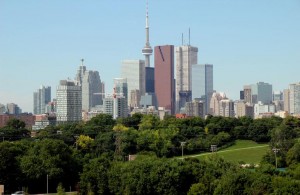Portuguese is an official language of the European Union as ranked as the 6th most widely spoken languages in the world. – Portuguese is the daily spoken of approximately 220 million people. – Portuguese is spoken in four continents; it is the national language of Brazil and Portugal, and the official language of Angola, Cape Verde, East Timor, Guinea-Bissau, Mozambique, and São Tomé and Príncipe. – According UNESCO, Portuguese is the sixth most spoken native language in the world, and the third spoken European language in the world. – Portuguese has been recognized as a communication language within EC, UNESCO, MERCOSUR, Organization of American States (OAS), Latin Union, Latin American Free Trade Association (ALALC), Organization of Ibero-American States (OEI), Organization of African-Unity (OAU), West African Economic and Monetary Union (WAEMU), Southern African Development Community (SADC).
Basic phrases such as Bom dia, Boa tarde, and Boa noite (good day, good afternoon, good evening) can go a long way in befriending locals. Como você está means “how are you,” and é um prazer conhecê-lo means “it’s a pleasure to meet you.” Practice these “magic phrases” and you’re safely on your colleagues’ good side.
Reading up on Portuguese literature can also provide good practice, especially if your goal is to become fluent. There are lots of good reads in Portuguese–some of the most well-known writers are Gil Vicente, who wrote some of the most important plays in Portuguese culture; José Saramago, who won the 1988 Nobel Prize for Literature; and Jose Luis Peixoto, an award-winning contemporary writer and columnist.
If you already know other Latin-based languages such as Spanish, French, or Italian, learning Portuguese should be easier. They have many of the same concepts–male and female nouns, verb conjugations, multiple past tenses–and many of the words have the same root, so it’s easy to build a vocabulary.
You’ll want to have at least some basic knowledge when you arrive in Portugal, enough order your morning coffee and read road signs. Immersion is still the best way to learn, however. Try to speak in Portuguese even when the other person is willing to speak English. Tell them you’re working on your Portuguese and they’ll be more than happy to give you a hand.



